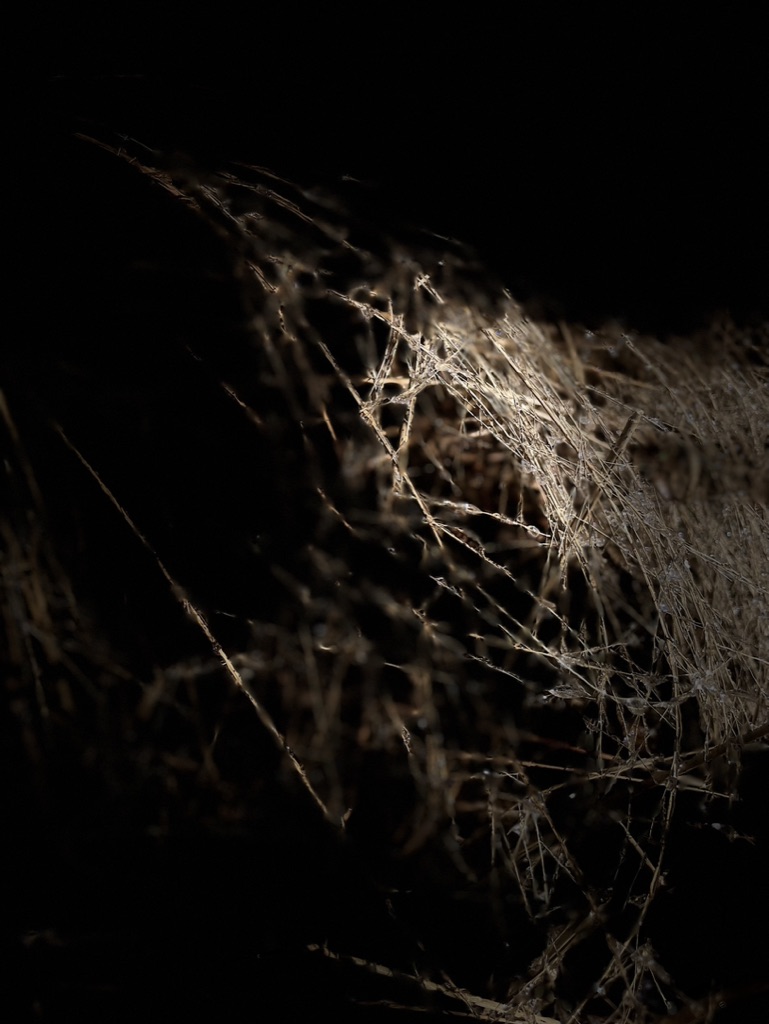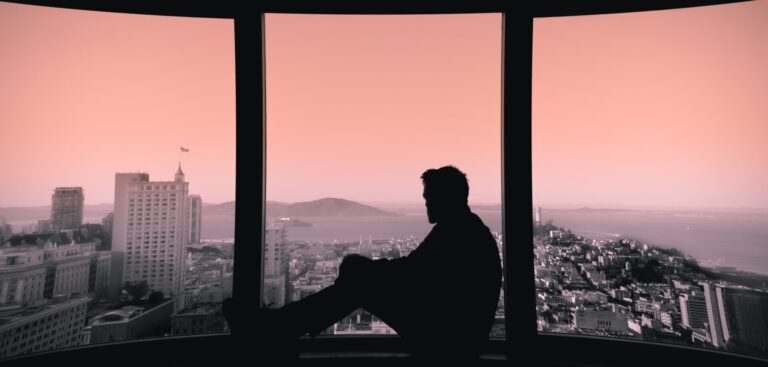Launching from recent interest in disabled people’s livelihoods in the context of global Northern societies, this paper theorizes interview descriptions of livelihoods from 20 disabled, mad, and Deaf artists in Ontario, Canada. Drawing on a critical sustainable livelihoods framework, we observe that the lives of disabled artists play out in an ethos of neoliberal-ableism that has resulted in an accelerated impetus toward death for disabled people, specifically through the advancement of Medical Assistance in Dying (MAiD). Interviews reveal themes of disposability, dignity, and art-as-resistance that are deeply entrenched in disabled artists’ livelihood experiences and the complexities of their artistry and involvement in wider, contemporary disability arts communities. This paper responds to Stienstra and Lee’s 2019 call in Societies to begin “widening our gaze in concrete terms” as we explore disabled people’s livelihoods, contending that discussions of disabled artists’ livelihoods must be situated in the social and material realities of their current contexts. We argue that the lived experiences of disabled people in Canada are also death experiences, and therefore a sustainable livelihoods approach to disabled artists’ experiences must account for Canada’s necropolitical realities.
Articles by Chelsea Temple Jones
Chelsea Temple Jones is an Associate Professor in the Department of Child and Youth Studies at Brock University. She is a Faculty Fellow in Accessibility with Brock's Centre for Pedagogical Innovation.
Coalition-In-Progress: Found Poetry Through Phone Calls with People Labelled/With Intellectual Disability During the COVID-19 Pandemic
For institutional survivors and their younger peers labelled/with intellectual disability, the COVID-19 pandemic and its related lockdowns carry over past experiences under government-directed isolation and mandatory medical interventions. The sudden convergence of past and present necropolitical ableism in labeled persons’ lives colours this crisis, as we—a group of survivors, younger labeled people (who have not lived in institutions), and researcher/allies—attempt to simply stay in touch amid digital divides that cut off our once vibrant, interdependent in-person activities. No longer able to gather, and with limited Internet (or no) access, we resist social abandonment through phone calls. During phone conversations we discuss the affective contours of this time: grief over the past, loss of agency, restrictive rules in group homes, the dynamics of protest, fear sparked by public health orders, and a mix of anxiety and hope about the future. Taking this telephone-based dialogue as evidence of our lives in these times, we present a brief body of collectively written found poetry, a form of poetic inquiry composed of phone call snippets. This piece, coauthored by twenty members of the “DiStory: Disability Then and Now” project in Toronto, Canada, offers a snapshot of coalition-in-process, keeping in touch amid a crisis that threatens our togetherness and—for some more than others—our lives. Following Braidotti, we couch this found poetry in a brief commentary on our slow, in-progress attempt to “co-construct a different platform of becoming” with one another amid a divergence of historical and contemporary inequities.

